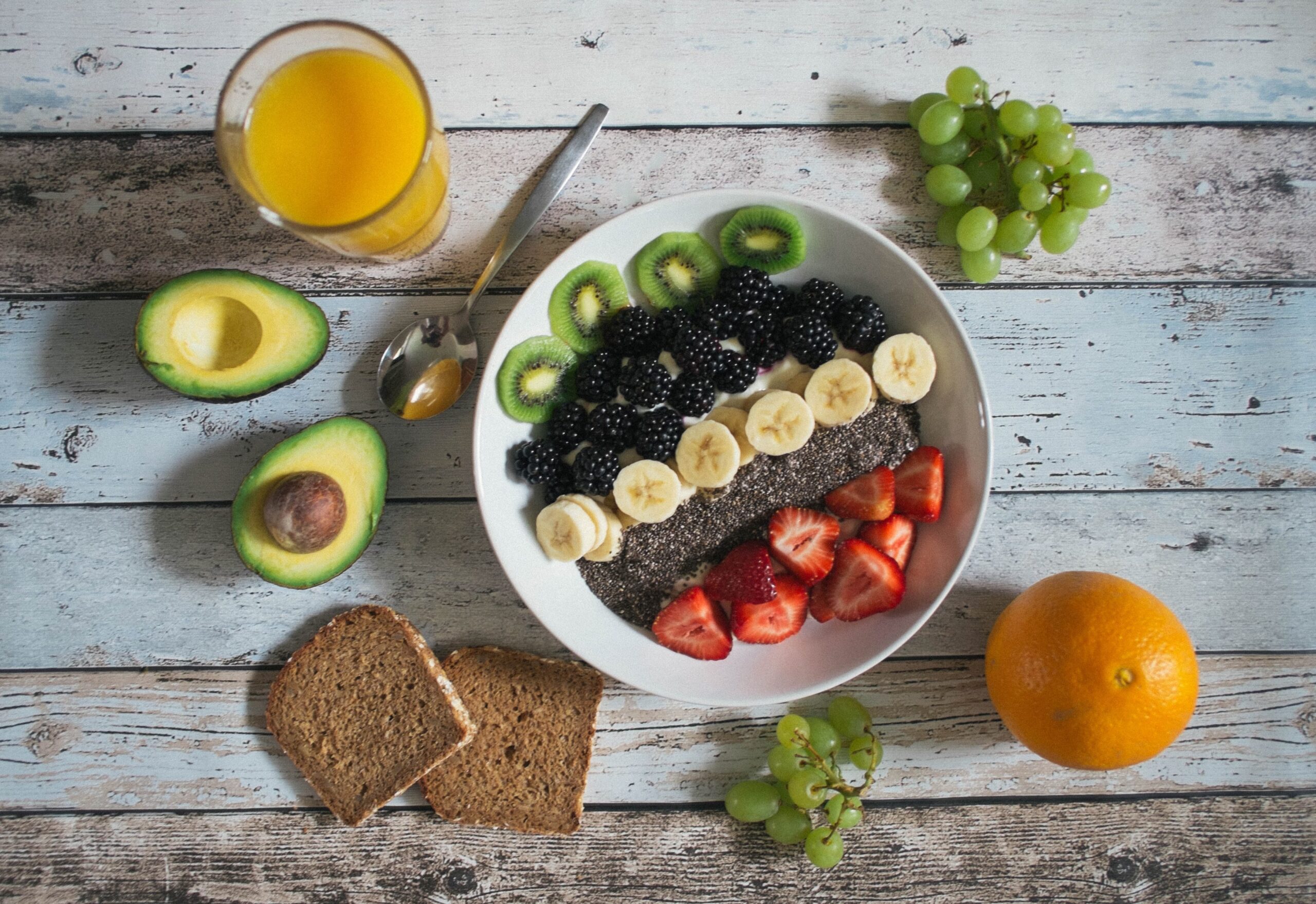What you eat plays a crucial role in how you feel—both physically and emotionally. Emerging research in nutritional psychiatry reveals that nutrition for mental health is not just a wellness trend but a vital component of emotional resilience, cognitive clarity, and overall well-being. At Sana at Stowe—a luxury rehab retreat nestled in the seasonal charm of Stowe, Vermont—we integrate this understanding into our trauma-informed, whole-person care model. By emphasizing nutrient-dense meals, individualized nutrition plans, and mindful eating practices, we help clients rebuild their relationship with food and understand its role in mood regulation and long-term mental wellness.
The Connection Between Nutrition and Mental Health
The brain, though only 2% of body weight, consumes about 20% of our daily energy intake. This energy demand underscores the importance of nutrition for mental health. A diet rich in essential nutrients supports neurotransmitter function, reduces inflammation, and promotes neuroplasticity—all critical factors in managing mood disorders like depression and anxiety.
Conversely, diets high in processed foods and sugars can exacerbate mental health issues. Such diets may lead to increased oxidative stress and inflammation, negatively impacting brain function and mood.
Nutrition Essentials for Mental Health
Understanding the nutrition essentials for mental health can empower individuals to make dietary choices that support their emotional well-being. Key nutrients include:
- Omega-3 Fatty Acids: Found in fatty fish, flaxseeds, and walnuts, omega-3s are crucial for brain health and have been linked to reduced symptoms of depression.
- B Vitamins: Vitamins like B12 and folate, present in leafy greens, legumes, and fortified cereals, play a role in producing brain chemicals that affect mood and other brain functions.
- Antioxidants: Foods rich in antioxidants, such as berries, nuts, and dark chocolate, combat oxidative stress, which can damage brain cells.
- Amino Acids: These are the building blocks of neurotransmitters. Sources include lean meats, dairy, and legumes.
Incorporating these nutrients into one’s diet can be a proactive step toward enhancing mental health.
Why Is Nutrition Important for Mental Health?
The question “why is nutrition important for mental health?” is answered by the growing body of evidence linking dietary patterns to mental health outcomes. Nutrient-rich diets support the gut-brain axis, a communication network that connects the gastrointestinal tract and the brain. A healthy gut microbiome, fostered by a balanced diet, can influence mood and cognitive functions .
Moreover, certain dietary patterns, like the Mediterranean diet, have been associated with a lower risk of depression and cognitive decline . This diet emphasizes whole grains, fruits, vegetables, lean proteins, and healthy fats according to PMC.
A Trauma-Informed Approach to Nutrition
At Sana at Stowe, we recognize that trauma can significantly impact eating behaviors and nutritional status. Our trauma-informed approach to nutrition considers the individual’s history and relationship with food. We incorporate mindful eating practices, allowing clients to develop a healthier relationship with food and their bodies.
Our holistic treatment plan includes:
- Mindful Eating Workshops: Teaching clients to be present during meals, recognizing hunger and fullness cues.
- Nutritional Counseling: Personalized sessions focusing on nutrition essentials for mental health.
- Cooking Classes: Empowering clients to prepare balanced meals that support their recovery journey.
This comprehensive approach ensures that nutrition becomes a supportive element in the healing process.
Integrating Nutrition into Mental Health Treatment
Incorporating nutrition into mental health treatment can enhance the effectiveness of traditional therapies. At our residential treatment center for depression in Vermont, clients experience a blend of evidence-based treatments and wellness services, including:
- Cognitive Behavioral Therapy (CBT): Addressing negative thought patterns that may influence eating behaviors.
- Dialectical Behavioral Therapy (DBT): Developing coping skills for addiction and emotional regulation.
- Acceptance and Commitment Therapy (ACT): Encouraging clients to embrace their thoughts and feelings rather than fighting them.
These therapies are complemented by our focus on nutrition for mental health, creating a synergistic effect that promotes overall well-being.
Co-occurring disorders—also known as dual diagnoses—refer to the presence of both a mental health condition and a substance use disorder. These conditions often interact in complex ways, with one intensifying the symptoms of the other. At Sana at Stowe, we take an integrated approach to treatment, addressing both the mental and behavioral aspects simultaneously to promote lasting recovery and emotional wellness.
Life After Rehab: Sustaining Nutritional Wellness
Adjusting to life after rehab presents challenges, but maintaining nutritional wellness can provide stability. We equip our clients with the tools needed to continue their nutritional journey post-treatment, including:
- Meal Planning Skills: Creating balanced meal plans that align with individual preferences and nutritional needs.
- Grocery Shopping Guidance: Understanding how to select nutrient-dense foods within a budget.
- Continued Support: Access to resources and support groups focusing on nutrition and addiction recovery.
These strategies aim to empower individuals to make informed dietary choices that support their ongoing recovery and mental health.
Sana at Stowe: A Sanctuary for Healing
Located in the serene landscapes of Stowe, Vermont, Sana at Stowe offers a unique blend of luxury rehab services and holistic care. Our facility is designed to provide a tranquil environment conducive to healing, with amenities that include:
- Wellness and holistic services: Such as yoga, acupuncture, and expressive therapies.
- High Staff-to-Patient Ratio: Ensuring personalized attention and care.
- Comprehensive Assessments: Including ACEs assessment and alcohol use screening tests to tailor treatment plans.
We accept insurance through in-network providers such as TRICARE, making our services accessible to veterans, active-duty military personnel, and their families.
Begin Your Journey to Wellness
Understanding the profound impact of nutrition on mental health is the first step toward holistic healing. At Sana at Stowe, we are committed to guiding you through this journey with compassion and expertise. If you’re seeking a holistic mental health treatment center that prioritizes nutrition and overall well-being, contact us today to learn more about our programs and how we can support your path to recovery. Give us a call at (802) 553-3836 to start your journey.


